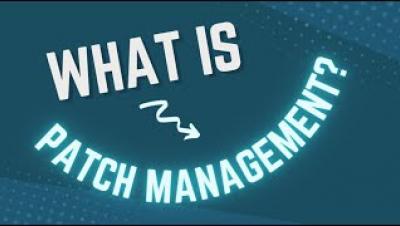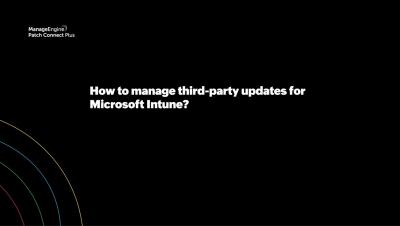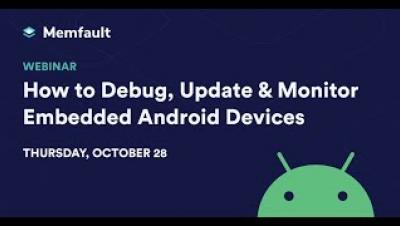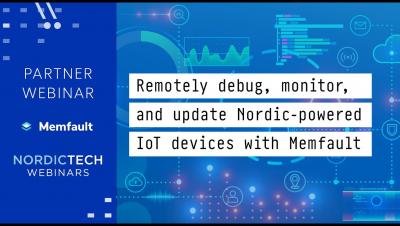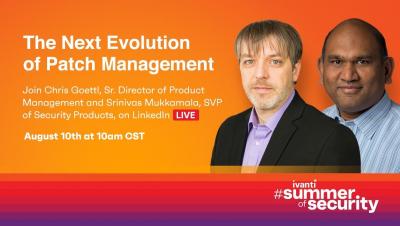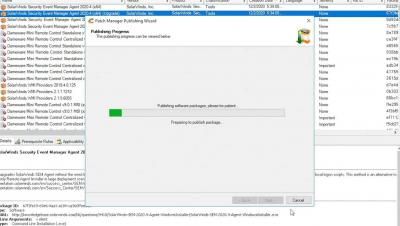Operations | Monitoring | ITSM | DevOps | Cloud
Patching
How to manage third-party updates for Microsoft Intune | Detailed overview - Patch Connect Plus
How to Debug, Update & Monitor Embedded Android Devices
3Ps of Security: Protect, Prioritize and Patch
Like a football or soccer team, security also has two lineups that must be continuously managed. One lineup involves protecting the digital assets and data of a business. The other: managing the security risk and vulnerability exposure of these environments and endpoints. The tension between these two lineups keep security and IT very busy. There is a critical shortage of expert security professionals, which means no expanding the bench of talent, even if you can afford it.
Windows 11: how to configure an auto-patch decline in N-central
Oh, happy days—it’s October 5 and Windows 11 release day! We have tested remote control, agents and probes, and monitoring and management functions, which all appear to be working seamlessly. However, there are still many good reasons for your MSP customers to wait to upgrade from Windows 10.
Managing Livepatch on-prem
Ubuntu Livepatch is the service and the software that enables organizations to quickly patch vulnerabilities on the Linux kernel. It enables uninterrupted service while reducing fire drills during high and critical severity kernel vulnerabilities. With Ubuntu Livepatch on-prem we enhance our service to enable enterprises manage on private or public cloud their livepatched systems.
Remotely debug, monitor, and update Nordic IoT devices with Memfault
The Next Evolution of Patch Management
How to Schedule Patching for Security Event Manager
How to Ensure Patch Compliance
Patch compliance indicates the number of compliant devices in your network. This means the number of computers that have been patched or remediated against security threats effectively. The distribution and deployment of patches accomplish nothing if your devices are not compliant. So to establish a good patch management strategy, it is important to pay attention to the effectiveness and reach of your patch deployment activities.


